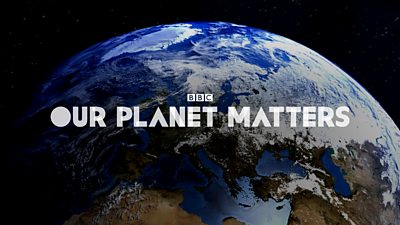
By Anders Lorenzen
As the world is nearing the crucial UN climate summit COP26, climate coverage is yet again on the up.
But will it stay that way?
During the three major UN climate summits in the past 12 years, Copenhagen in 2009, Paris in 2015 and now Glasgow in 2021 climate coverage and interest in the issue has accelerated in the run-up to the event. But after the failed summit in Copenhagen (COP15), climate coverage completely went away for a long period of time. After Paris, it dropped and then plateaued due to the signing of the Paris Agreement.
Climate coverage seems to be hitting an all-time high again but this time will it keep its momentum post-Glasgow?
A change in newsrooms
After several years and decades of news organisations not having given climate the space and coverage it deserves, big global news outlets such as BBC and CNN now both have a climate editor. And Sky News even has its own daily 30 min slot dedicated to climate change ‘Climate Cast`.
Climate change and environmental news have for long been last in the pecking order behind the economy, health and politics, and placed in the section named environment. But climate reporting should be placed at the heart of all news. It is economy, it is politics and it is health – newsrooms and editors should approach the subject as one that spans every single news topic.
The BBC has unveiled a comprehensive climate and environment coverage plan for programming in the run-up to and during the conference.
But it leaves you with the question as to what happens after the conference? Will the BBC continue to focus on climate change and the environment?
The BBC has had a huge internal battle about how seriously they should take the climate crisis, and at which level. The result seems to be that for now, the pro-climate voices inside the news organisation have won, but how long will it last?
An everyday story
Climate change should be an everyday story in newsrooms across the world, not just appear and re-appear in the run-ups to climate summits.
The issue of climate change in newsrooms is not just about how often it should be reported, but how and which other news departments should be involved. Journalists are getting better at dealing with this, and the organisation Covering Climate Now which gives journalists tools to better report climate change have had a huge role to play.
The public interest in climate change has arguably also had a big role to play in increasing climate news coverage. The subject is now extremely important to many people and everyone is becoming more educated and informed about the issue, especially children, and so the issue is becoming harder for news organisations to ignore.
But still too many are ignoring the issue or worse spreading disinformation which is something we as a society cannot afford. But the message journalists and editors around the world should spread, and what is evident in the increase of climate-related extreme weather events around the world, is that it is dangerously irresponsible and expensive not to aggressively address climate change.
Categories: climate change, COP26, Covering Climate, media, opinion
1 reply »